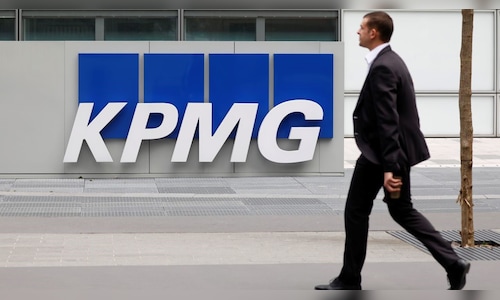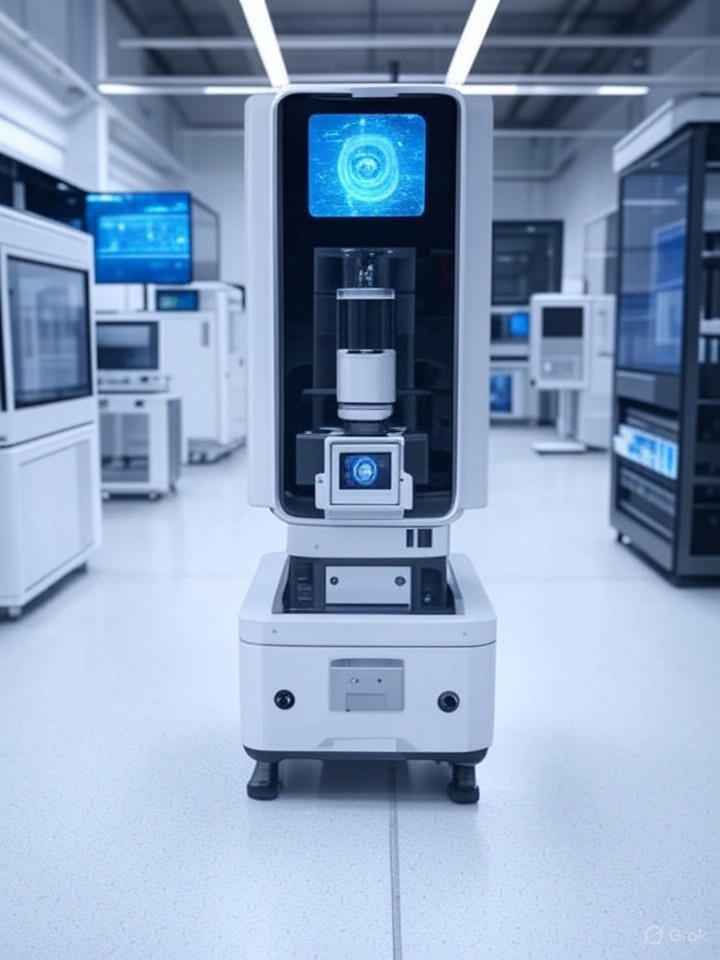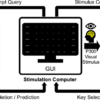In a recent post on X, Microsoft CEO Satya Nadella shared a forward-thinking vision for artificial intelligence, framing it as a platform designed to empower rather than extract value. He draws from Bill Gates” concept of a platform, which suggests that the economic advantages for users should surpass those for the creator. This approach hinges on collaborations that enable shared growth, underscoring the importance of partnerships with AI leaders such as OpenAI and Nvidia.
Nadella outlined how these partnerships are critical in navigating a landscape characterized by swift advancements and significant investments. He emphasized a transition away from zero-sum competition, advocating for a collaborative model. The partnership with OpenAI serves as a key example, illustrating how mutual investments can enhance research and innovation, even in the face of financial challenges, such as Microsoft”s reported losses from its stake in OpenAI, which Nadella referred to as “historic”.
At the heart of Nadella”s argument lies the notion that genuine platforms generate exponential value. He quoted Gates, stating, “A platform is when the economic value of everybody that uses it exceeds the value of the company that creates it.” This principle is evident in Microsoft”s recent launch of the world”s first AI superfactory, which has been co-developed with OpenAI, alongside contributions from Nvidia and AMD. This infrastructure is designed to democratize AI access for startups and established enterprises, facilitating training and inference.
The collaboration with OpenAI has been transformative, according to Nadella, who noted that initial skepticism from Gates regarding the potential for significant financial loss ultimately paved the way for substantial advancements. This collaboration has not only fostered the growth of OpenAI but has also integrated its technologies within Microsoft”s ecosystem, including the Azure cloud platform. Plans are underway to incorporate OpenAI”s custom chip designs into Microsoft”s semiconductor offerings, extending through 2030.
Nadella further elaborated on how partnerships with chip manufacturers like Nvidia and AMD are foundational to their strategy. His recent updates on X detail how these collaborations have optimized the entire tech stack, from model architecture to chip micro-architecture. The introduction of innovations such as the GA of NVIDIA GB200 on Azure exemplifies ongoing efforts to push the boundaries of agentic AI technology.
Moreover, Nadella noted that AI has revolutionized software coding, potentially making it one of the largest categories in software development. Tools like GitHub Copilot have garnered significant interest, reflecting a shift in focus from traditional products to AI-driven solutions. However, some challenges remain, as evidenced by discussions around the current slowdown in AI enthusiasm.
Nadella envisions a future where AI”s impact extends across various sectors, including healthcare, manufacturing, education, and agriculture. He believes that a positive-sum approach to AI can stimulate economic growth and societal benefits, avoiding pitfalls seen in earlier technological revolutions. He called for distributed control and choice to ensure that this technology is widely accessible, reiterating the opportunity to achieve a broad diffusion of AI.
Despite his optimism, Nadella is cautious about the prevailing hype surrounding AI. In discussions on platforms like Reddit, he has emphasized the need to mitigate exaggerations and move beyond winner-take-all mentalities. Microsoft”s roadmap, which includes initiatives on omni models and superintelligence, reflects his commitment to empowering businesses rather than merely competing for dominance.
To support this vision, Microsoft is making substantial infrastructure investments, as highlighted by Nadella”s updates on the AI superfactory and ongoing enhancements in collaboration with Nvidia. He aligns with OpenAI CEO Sam Altman on the necessity of significant revenue projections to secure future investments, framing compute as the “new oil” that will drive innovation.
As Nadella continues to steer Microsoft through a rapidly evolving technological landscape, his emphasis on partnerships and shared growth positions the company as a pivotal player in the future of AI, fostering a landscape where technology benefits society at large.
See also AI Transforms Healthcare Operations: Unlocking 10x Productivity for Physicians
AI Transforms Healthcare Operations: Unlocking 10x Productivity for Physicians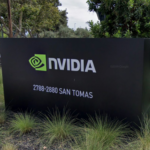 NVIDIA Achieves Record $57B Q3 Revenue, Driven by Soaring AI Chip Demand
NVIDIA Achieves Record $57B Q3 Revenue, Driven by Soaring AI Chip Demand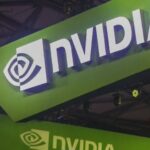 Nvidia Surpasses Earnings Expectations with Strong A.I. Chip Demand Amid Bubble Concerns
Nvidia Surpasses Earnings Expectations with Strong A.I. Chip Demand Amid Bubble Concerns Felix Wallis Shares Key Strategies for Landing an AI Role Right After College
Felix Wallis Shares Key Strategies for Landing an AI Role Right After College AI-Enabled Fraud Surges 1,200% in Mexico as Governance Struggles to Keep Up
AI-Enabled Fraud Surges 1,200% in Mexico as Governance Struggles to Keep Up


